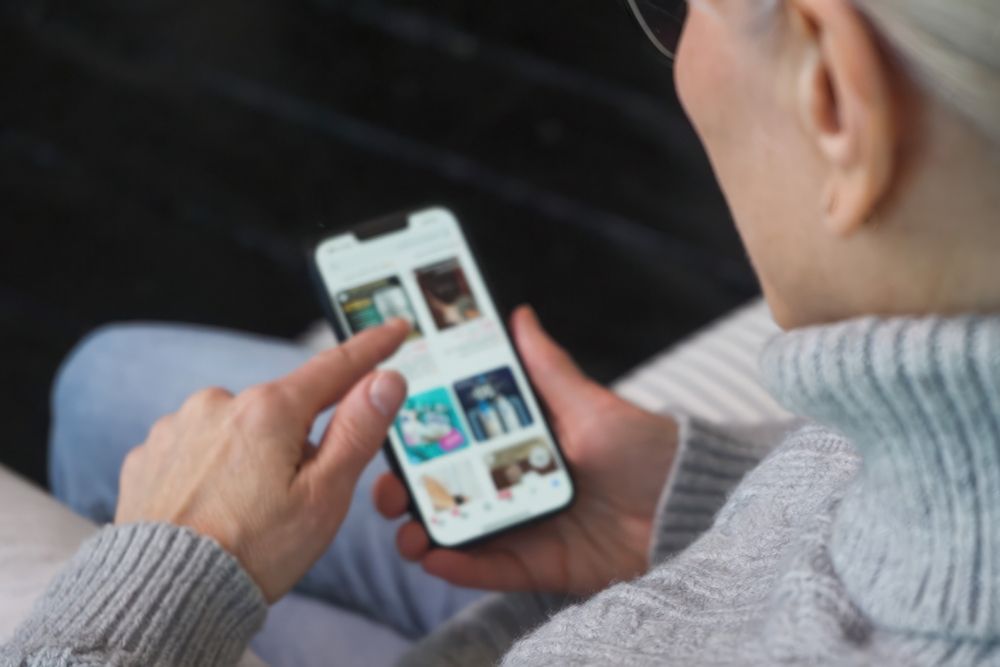Online marketplaces are a modern convenience many of us depend on—for buying furniture, selling used electronics, or scoring deals on rare finds. But with every great deal comes a risk: scammers are lurking in these spaces, waiting for an easy target.
Whether you're browsing on Facebook Marketplace, Craigslist, OfferUp, or another peer-to-peer platform, staying safe requires more than common sense. Scams are getting smarter, more polished, and harder to detect. The good news? With a few smart strategies, you can avoid becoming a victim and shop with confidence.
Here’s how to protect yourself every step of the way.
Only Communicate Through the Platform
The safest way to communicate with buyers or sellers is through the platform’s own messaging system. Scammers often try to move the conversation elsewhere—usually to email, SMS, or WhatsApp—where there’s no record and no protection.
Red flag phrases:
-
“Text me instead”
-
“Can we talk on another app?”
-
“I don’t check this platform often”
Staying on-platform gives you a digital trail and access to support if something goes wrong.
Never Share Personal or Financial Information
Scammers will try to collect more than just your money—they’ll often go after your personal information too. Be wary of anyone asking for:
-
Your full name or address (beyond what’s necessary for a meetup or shipping)
-
Bank account or credit card numbers
-
Verification codes sent to your phone
-
Social Security numbers (yes, some try)
You’re not applying for a loan—you’re buying or selling a product. Keep it strictly business.
Avoid Prepaying for Anything You Haven’t Seen
One of the most common scams involves asking buyers to pay in advance for an item that doesn’t exist. You might see:
-
A deal that feels “too good to be true”
-
An excuse for why you can’t see the item first (“I’m traveling,” “I’m in the military”)
-
A seller pushing you to send money quickly via Zelle, Venmo, or wire transfer
Never pay until you've seen the product in person or received it through a trusted shipping method with tracking.
Use Cash or Secure Payment Methods
If you're meeting in person, cash is still the safest method for local transactions. If you’re buying or selling remotely, use payment platforms with buyer/seller protection like:
-
PayPal (not “friends and family” setting)
-
Escrow.com for high-value items
-
Facebook Marketplace checkout (if available)
Avoid:
-
Wire transfers (Western Union, MoneyGram)
-
Prepaid debit cards
-
Cryptocurrency
-
Payment apps that don’t offer refunds
Once money is sent through these riskier channels, it’s often impossible to get back.
Inspect Items Carefully Before Paying
If you’re buying something in person, do a full inspection before handing over any money. Don’t let the seller rush you or limit your time.
For electronics:
-
Test power and basic functions
-
Check for iCloud or Google lock (on phones)
-
Look for missing parts or physical damage
For furniture or appliances:
-
Examine for wear, odors, or hidden issues
-
Ask how long they’ve had it and why they’re selling
If anything feels off, trust your gut and walk away.
Meet in a Public, Safe Location
Always arrange to meet in a well-lit, public place. Many local police departments offer designated “safe exchange zones” monitored by cameras.
Tips for safe meetups:
-
Daytime is best
-
Bring a friend
-
Let someone know where you’re going
ADVERTISEMENT -
Avoid isolated parking lots or private homes
-
Don’t get into someone else’s vehicle
Your safety is more important than any deal.
Watch Out for Overpayment Scams
Scammers posing as buyers may offer to pay more than your asking price and then ask you to refund the “extra” amount.
Here’s how it works:
-
Buyer sends a fake check or fake digital payment
-
You’re asked to refund the extra via cash or transfer
-
Their payment later bounces, and you’re out the money
Never accept an overpayment. Always verify the payment clears before issuing any kind of refund.
Look for Red Flags in Listings
Scam listings often have common patterns. When browsing, watch for:
-
Prices way below market value
-
Vague or generic item descriptions
-
Stock photos instead of real ones
-
Poor spelling, grammar, or formatting
-
A seller refusing to answer basic questions
If something feels off, it probably is. A quick reverse image search of the photos can also reveal if they’ve been stolen from elsewhere.
Don’t Fall for “Verification Code” Scams
Here’s a popular one: a buyer contacts you and says they want to make sure “you’re real.” They say they’ll send you a verification code to confirm your identity—but what they’re really doing is trying to access your online accounts.
They might:
-
Use your phone number to trigger a login reset
-
Ask for a Google Voice verification code
-
Try to register your phone number for their own scam
Never share a verification code with anyone. No legitimate buyer or seller will ask for that.
Be Skeptical of Sob Stories
Scammers often use emotional manipulation to rush a decision. They might say:
-
They’re a single parent in need
-
They're buying a gift for a sick relative
-
They’re in a financial emergency
These stories are designed to tug at your emotions and lower your guard. Remember, you're not responsible for solving a stranger’s problems—and real buyers or sellers won’t need to pressure you emotionally.
Trust Your Gut—Every Time
You don’t need to prove someone is a scammer to walk away. If something feels rushed, too easy, too perfect, or just… off, it’s okay to say no.
Even if:
-
The seller seems nice
-
The buyer offers fast cash
-
You’ve spent time chatting and feel a connection
Scammers are good at seeming trustworthy. Let your instincts guide you.
What to Do If You Think You've Been Scammed
If you suspect you’ve been tricked, act fast:
-
Contact the platform and report the user
-
Notify your bank or payment service immediately
-
File a police report (especially for high-value items)
-
Freeze your credit if personal info was shared
-
Change passwords or secure affected accounts
Platforms are often limited in what they can do, but taking action quickly may help recover funds—or prevent further loss.
Online marketplaces offer convenience, affordability, and countless opportunities—but they also attract people looking to take advantage. You don’t need to be paranoid, but you do need to stay alert.
By applying a few simple habits—sticking to safe communication, meeting in public, verifying listings, and protecting your information—you can avoid 99% of scams and shop with confidence.
The best defense isn’t avoiding online marketplaces. It’s knowing how to use them wisely.





